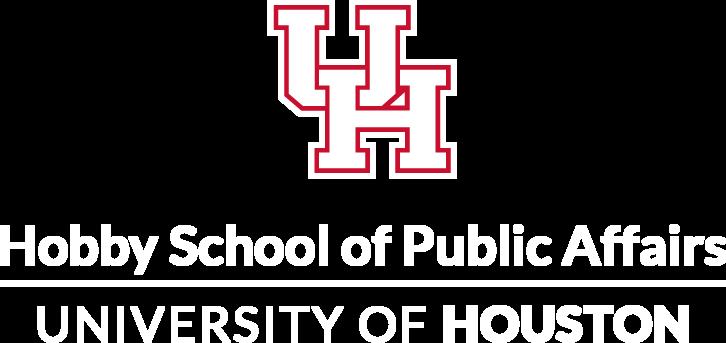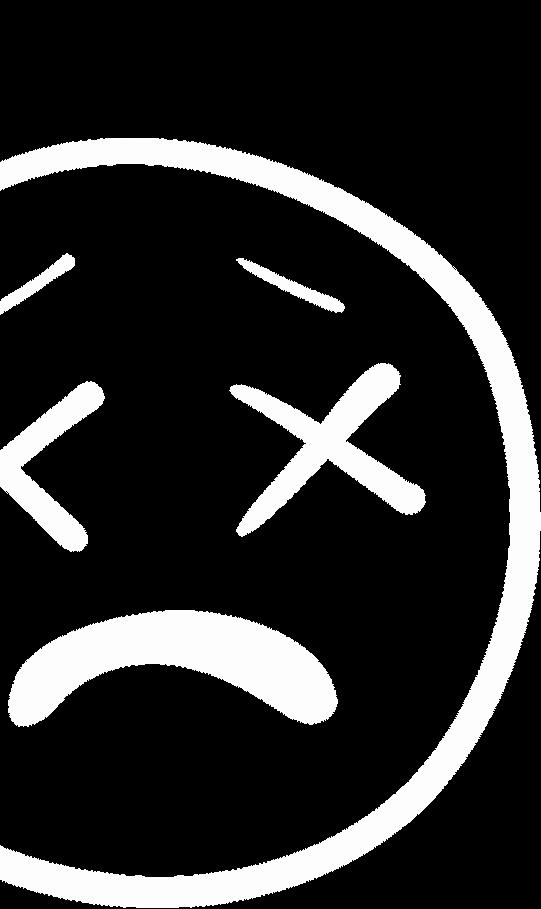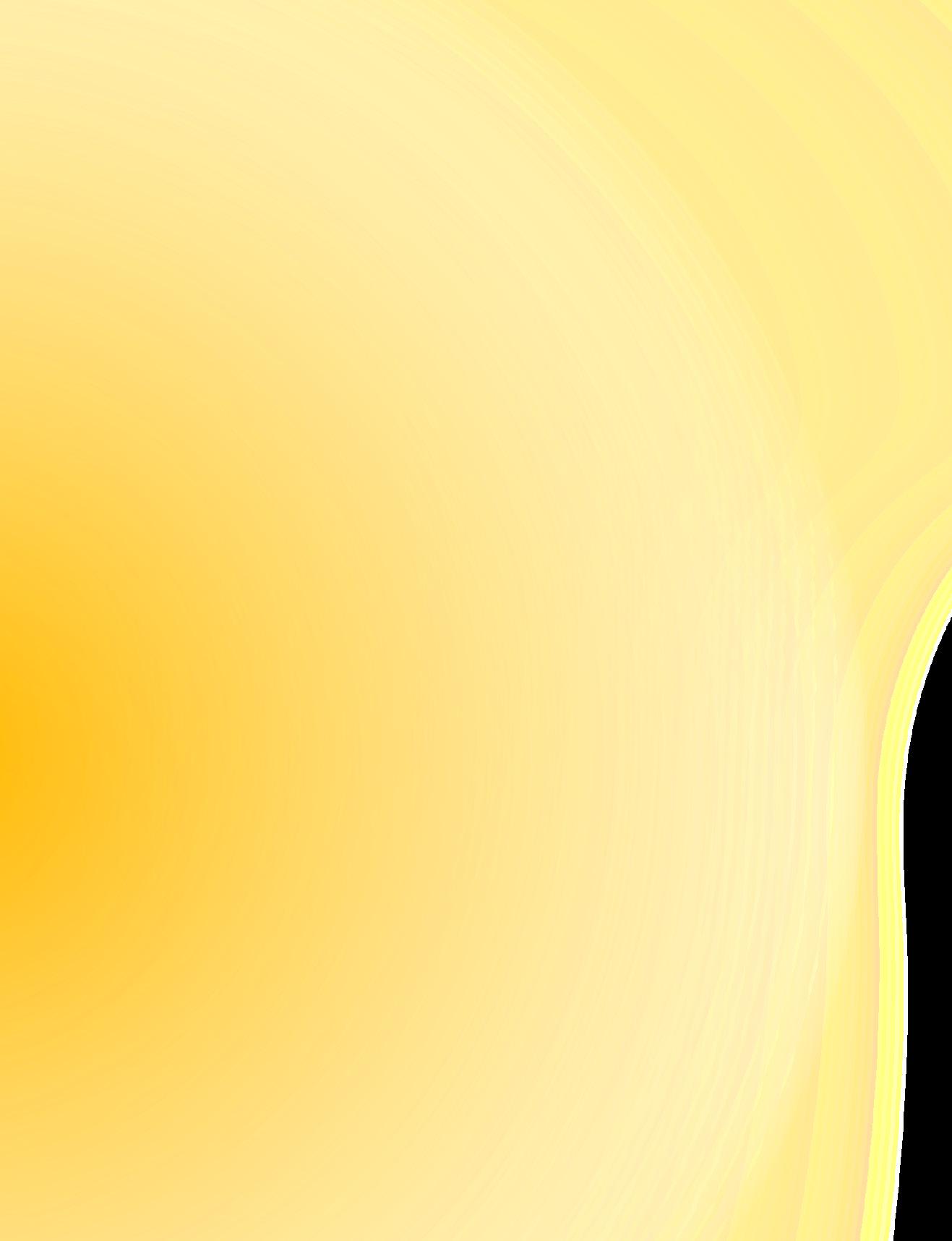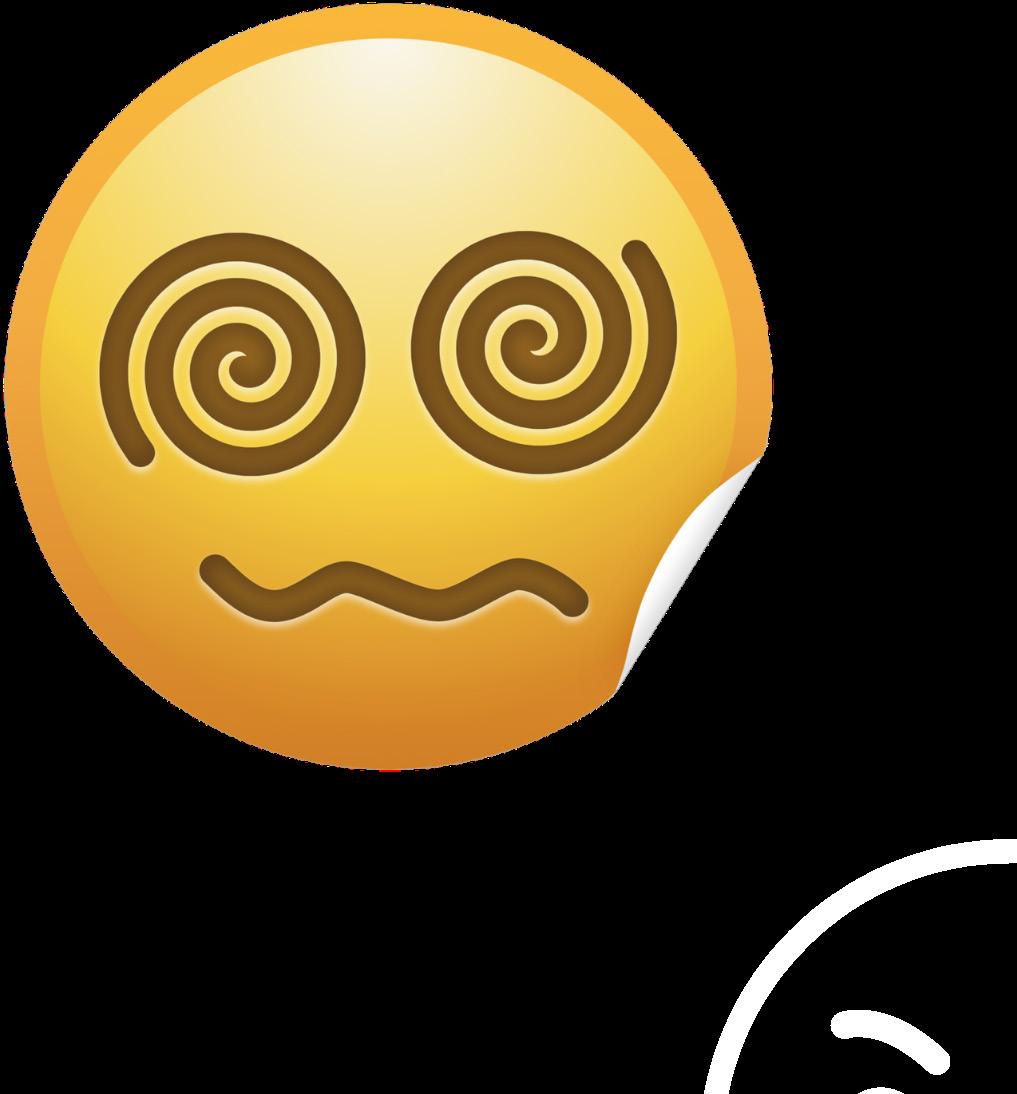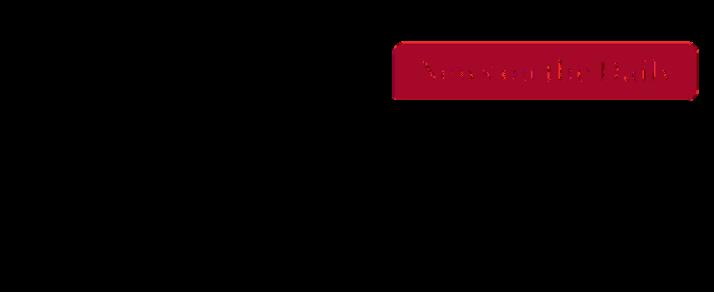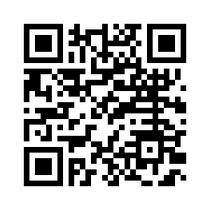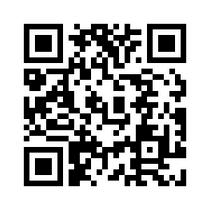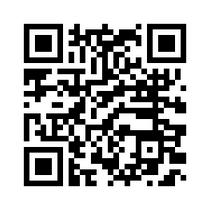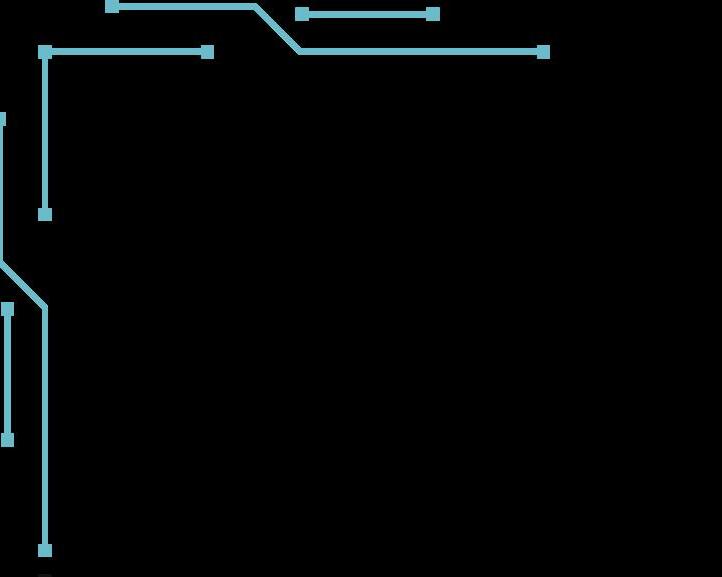Issue No. 77 • September 2025 • Grad School Guide
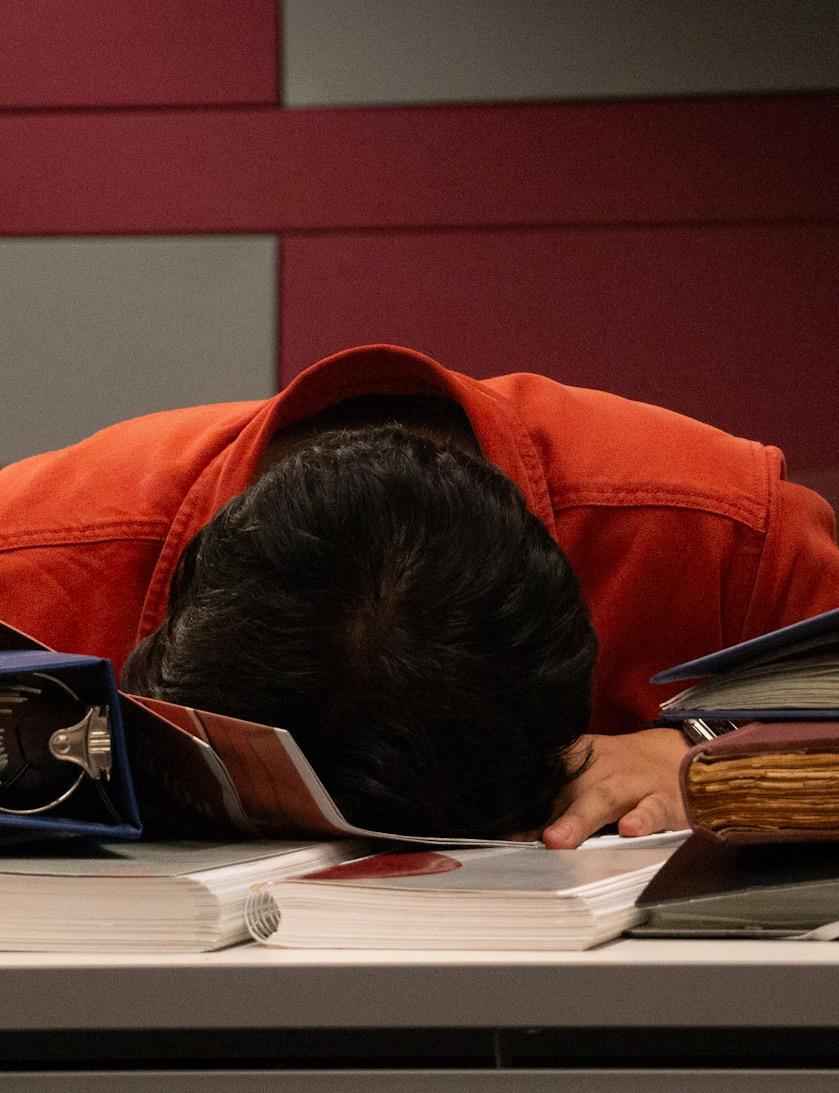
WILL AN UNDERGRAD DEGREE BE ENOUGH IN 2026?
MEET THE PROFESSORS THAT STUDENTS ACTUALLY Love
GROUP WORK HORROR STORIES
RESUMES FULL OF

EDITORIAL
Larsha Flowers
Cooglife Executive Editor
cooglife@thedailycougar.com
COVER
Gauraangi Gupta
Cooglife Contributor
Behind The Cover
The inspiration behind this cover is the corporate chaos students face in the current job market.
As students, we try to go above and beyond to stand out in the crowd, yet our talents still go unnoticed often.
This edition is dedicated to all those students, to let them know that, hey, you are not alone. We are all in this mess together.
WRITERS
Alveena Rehman
Gauraangi Gupta
Mahdiya Bhiwandiwala
Melisa Unlu
TABLE OF CONTENTS
Pam Crawford 03 04 07 10 13 17 21 22
Table of Contents | Contributor Credits & Editor’s Note
Will an Undergraduate Degree Be Enough in 2026?
Meet The Professors That Students Low-Key Love Game Days & The Countdown to 11:59
The Real Reasons Why Students Hate Group Work They Didn’t Lie on Their Resume, But They Exaggerated Navigating The Job Market • Maze Activity
AI & The Evolution of Higher Ed
EDITOR’S NOTE
Hey, Coogs!
To our loyal readers, welcome back. To those of you who finally got your hands on a copy of Cooglife, welcome and happy reading!
As I planned this issue with the team, I also prepared with my graduate advisor for the completion of my master’s degree at the end of this fall semester. Balancing the two, reflecting on my time as a graduate student here at UH and anticipating the road ahead inspired so much of my editorial vision behind this issue.
During this process, I also found myself stunned that we are already so deep into the semester. Noting the fast-moving time, I recognize that many of you may also be in a season of transition or preparation for what’s to come next—whether that’s more classes, graduate school, corporate America or something else.
Regardless of what your “next” is, this issue was curated with hopes of offering you a relatable laugh and a sense of community, because truly, regardless of where we each are in our educational and career journeys, we’re not on them alone.
So, here’s to you, to me, to us! Until the next read,
Gauraangi Gupta
Larsha Flowers
Raphael Fernandez ARTISTS
Larsha Flowers | Executive Editor

WILL AN UNDERGRADUATE DEGREE BE ENOUGH IN 2026?
These days, there are more and more stories about how bleak the job market is becoming for average college graduates. With AI on the rise, students are beginning to worry about what their future careers will look like. Some jobs are being taken by artificial intelligence, and others require more experience than is possible for new graduates. Many of the featured posts on LinkedIn are from struggling job seekers sharing statistics about how many job applications and interviews they have completed, all while appearing qualified for the positions. This leads us to wonder: Is a bachelor’s degree going to be enough in the future?
It Might Not Be.
Just take a look at the home tab on LinkedIn. It’s flooded with post after post of struggling new graduates on the job hunt. Part of the reason it may feel harder to find a job with a degree is because there are now more graduates than ever.
According to the U.S. Census Bureau, in 2021, 52.8 million Americans had a bachelor’s degree, compared to 31.5 million in 2001. This is about a 38% increase in only two decades. The job market cannot keep up with the increase of undergraduate degree holders, thus moving the goalposts and basing employment on other factors instead.
since January 2023. For now, more advanced jobs requiring undergraduate and graduate degrees seem safer, but it is too early to tell what the long-term effects will be with artificial intelligence taking more advanced jobs. The best way to get ahead of the curve is to learn how to use AI as a tool, as more companies will be seeking people who are skilled in using AI efficiently.
But Could It Be Enough?
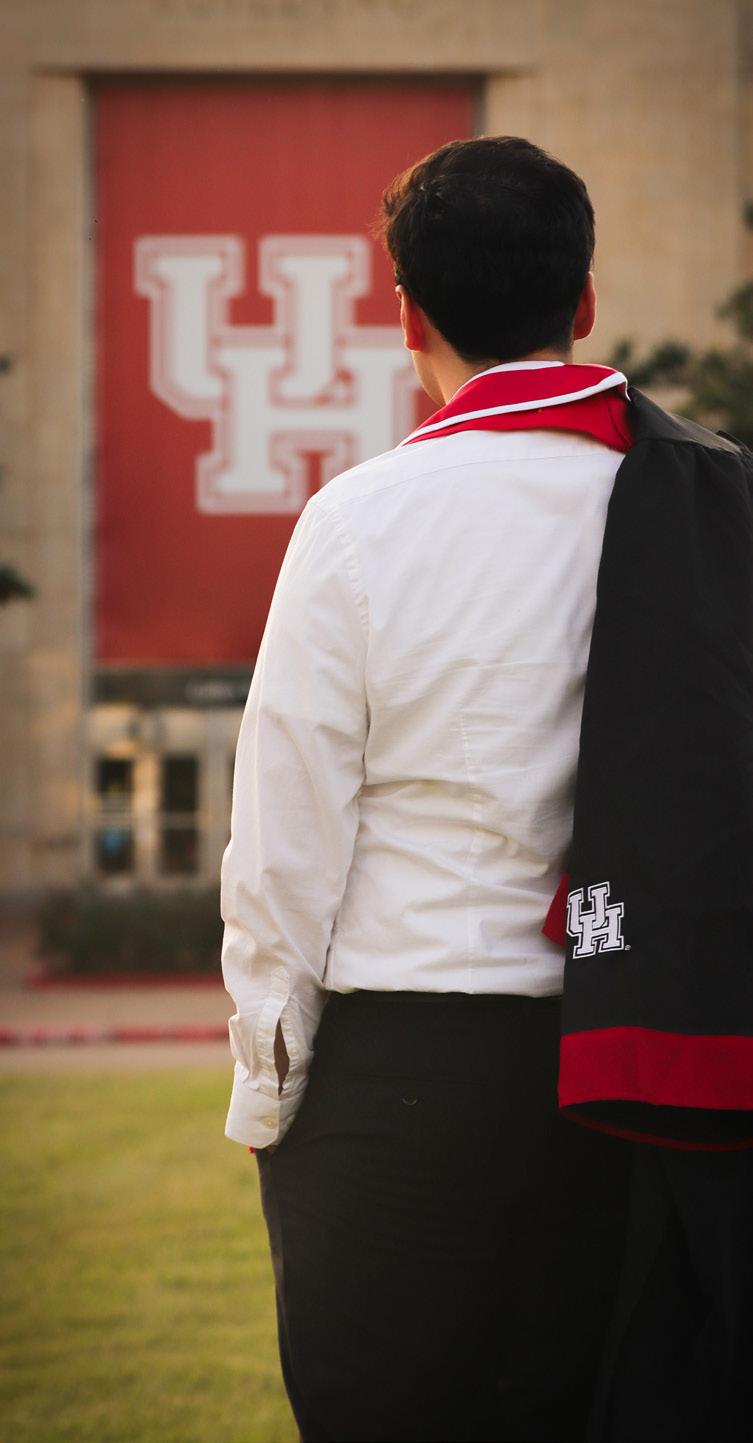
Many of the fields that are typically high-salary have become oversaturated with degree holders. According to the National Center for Education Statistics, around 375,000 of the 2 million bachelor’s degrees awarded were business degrees and 263,000 were health care-related. With each semester ending, there is an influx of new graduates vying for the same positions, creating tension in the job pool. This desire for the highest and quickest return on investment is what often leads to the hardest job hunts.
Additionally, with the rise of AI, entry-level jobs seem like they are disappearing. According to labor research firm Revelio Labs, there has been a 35% decrease in postings for entry-level jobs
Aside from the job market benefits, the knowledge gained through a four-year degree can be life changing. Learning about government, economics, the arts and sciences is not only necessary in the age of technology, but enriching. It is a privilege to earn a bachelor’s degree.
With a bachelor’s degree alongside a strong résumé, it is also possible to earn a high salary. According to U.S. News, jobs like construction managers, petroleum engineers, human resources (HR) managers and actuaries can all achieve a six-figure salary in America with only the designated bachelor’s degree.And while things currently seem rough for entry-level workers, the number of jobs has unexpectedly been increasing. According to CNBC, the U.S. payroll increased by 139,000 last May.
The main reason employers are currently hiring slowly, however, is due to the uncertain economy. Many companies are remaining cautious, and therefore refraining from hiring too quickly. These are factors that will change with time, meaning the hardship of the job hunt won’t last.
Higher-Level Degrees Are Becoming More Attainable.
Online classes and online degrees have all made gaining higher degree levels more accessible. This is a net positive for education’s sake.
Still, it feels like employers are making it harder for the average degree holder to get their foot in the door. With time, experience and connections, however, it is ultimately up to degree seekers and holders to use their resources wisely. This will determine their degree’s worth.




Student body success at the University of Houston relies on the character and connectivity of professors.
The best ones are those who understand the needs of their students and can foster an engaging and informative environment in which students can actively learn and gain real-life connections with their professors.
coaches and mentors entrepreneurs and helps scale SaaS businesses, particularly in professional services and customer success.
Prior to his academic and advisory roles, he spent more than a decade at HighRadius Corporation, a SaaS provider for the office of the CFO.

The anthropology and information science departments are filled with professors like these. Their main goal is to help their students prepare for and succeed in the real world.
Meet Professor Jagtap
Pankaj Jagtap is a digital transformation leader with more than 25 years of experience in technology, implementing SaaS solutions across various industries and bringing this knowledge to his students.
As senior vice president of professional services and customer success, he was part of the executive team that scaled the company from a startup to a $3 billion enterprise.
At the University of Houston, he teaches management information systems classes, teaching students how to lead technology-driven transformation through project management and transformational technologies.
As a professor, Jagtap structures his classes so students with both technical and non-technical backgrounds can engage in lectures.
He holds a Master of Business Administration from the University of Colorado at Denver, a master’s degree in construction management from Michigan State University, and a bachelor’s in civil engineering from the Indian Institute of Technology, Bombay.
He is the founder and managing partner of FirstPrinciple Advisors, a boutique advisory firm. There, he
“I focus on the business value that technology can create, rather than concentrating solely on the technology itself,” he says.
“My goal is for my students to be business students first, with a strong understanding of technology as a tool to transform businesses.”
Over the years, his teaching style has evolved to meet students where they are and to match tech trends.
Written by Alveena Rehman
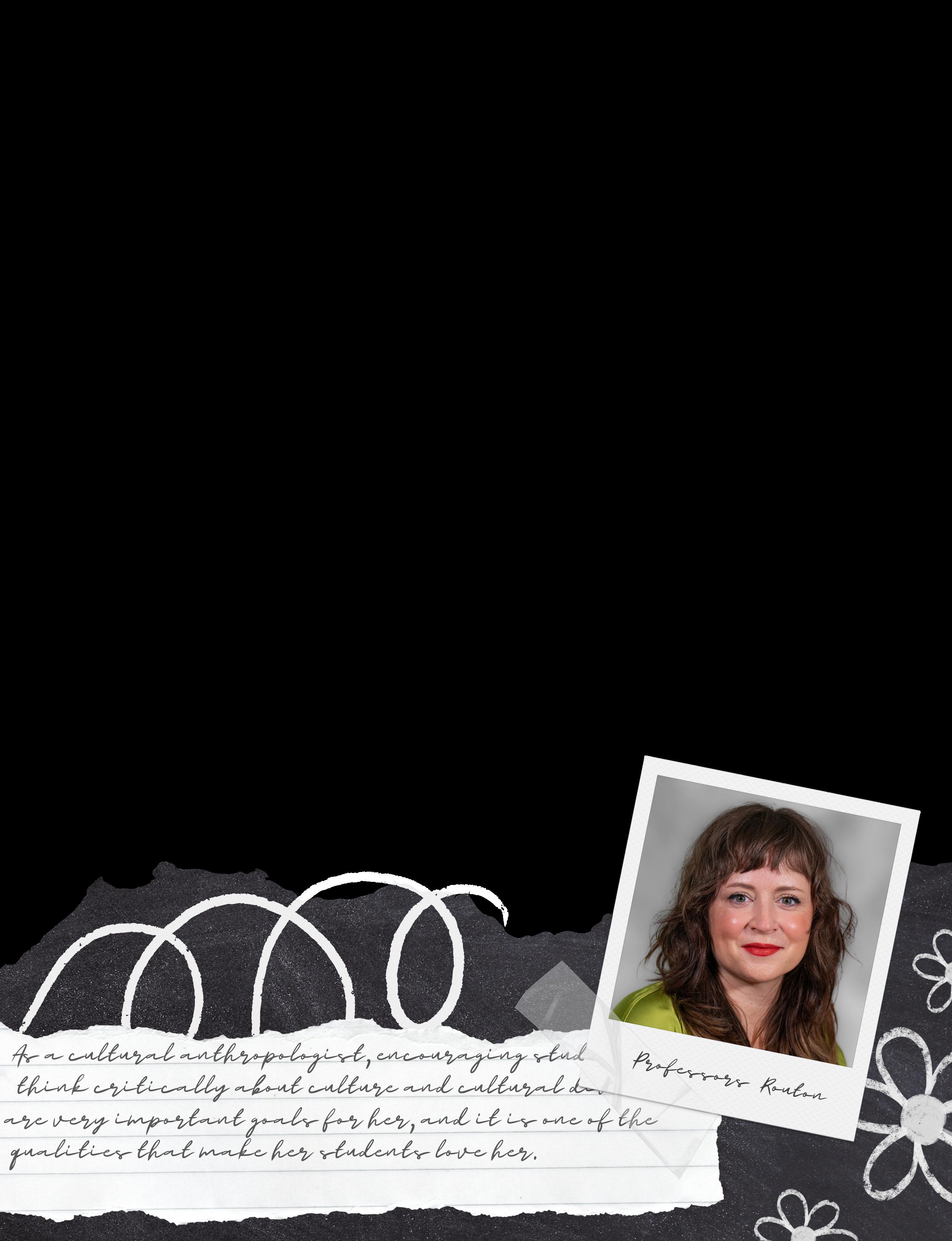
“Like many new professors transitioning from the industry, I initially attempted to cover too much material in my first semester,” Jagtap says. “I quickly realized that this approach was overwhelming for students, and that less is actually more because students need time to absorb and digest the content.”
Instead, he transitioned to a more action-oriented and case study-based format of teaching.
“My lectures are now highly interactive, with students actively engaged in discussions, asking and answering questions, debating topics, and openly sharing their perspectives,” he says.
Additionally, through his lectures, he aims to prepare students for real-world research and collaboration in business and technology.
He does so through inviting industry leaders as guest lecturers, assigning extensive group and collaborative exercises and encouraging students to lean into a storytelling presentation style.
Jagtap said the most rewarding thing about being a professor is being able to share his real-world experience with them and building strong, mentoring relationships with his students. This is the kind of care that makes his students love him.
“The highlight of the semester is always the final class, where students dress business-formal and present their group project, applying everything they have learned throughout the semester,” he says. “We celebrate with coffee, donuts, a class photo, hugs and goodbyes. It’s a celebration of everything we have accomplished throughout the semester.”
Meet Professor Routon
Dr. Erin Routon’s professional and academic journey showcases her commitment to anthropology, education and social justice.
Her academic journey began with her bachelor’s degree in English at the University of Hawaii, followed by her master’s degree in religious studies from the University of California, Riverside, and finally, her doctoral and master’s degrees in anthropology with a minor in Latino studies through Cornell University.
Dr. Routon was a writing instructor at Harvard University, where she developed and taught courses on critical topics such as the
history of immigrant incarceration and the visual representation of global forced migration.
During her fellowship at the Harvard Inclusive Teaching Institute, she developed inclusive pedagogical practices to create equitable and supportive learning environments for all students.
Dr. Routon has extensively worked with nonprofit and activist organizations dedicated to serving immigrant and incarcerated communities.
She volunteers as a legal assistant with a legal advocacy coalition and with organizations like the Southern Poverty Law Center, a civil rights organization known for its work in fighting hate and injustice.
As an assistant professor at UH, Dr. Routon uses her expertise to inspire her students to pursue careers that are not only intellectually fulfilling but also socially impactful, fostering the desire for advocacy and meaningful community engagement.
At UH, Dr. Routon has developed her teaching style to increase student engagement in the classroom through utilizing intriguing course material and encouraging compelling class conversations.
“I like to keep things dynamic and discursive, whenever possible,” she says. “I’ve really leaned into this more as I’ve taught as a way to encourage engagement.”
Given the courses she teaches, she makes an effort to approach sensitive or controversial topics very mindfully.
“I’m thoughtful about the language I use in class, generally, but especially when we get to [more sensitive] sorts of topics,” she says. “I never want to shy away from such subjects, because they are important and already meaningful for students’ lives, but I try to do these sorts of things to move through them with care.”
As a cultural anthropologist, encouraging students to think critically about culture and cultural diversity are very important goals for her, and it is one of the qualities that make her students love her.
“While we consume material that engages with cultures across the globe, I also try to make space for students to think about these things through the lens of ‘home,’ rather than how their everyday experiences sit in relation to other cultures or lifeways,” Dr. Routon says.
Meet Professor Keith McNeal
Known for his challenging amounts of reading, Keith McNeal instills a deep passion for cultural awareness and cross-cultural understanding.
Beginning his educational career with an undergraduate degree in religious studies focused on Hinduism and Buddhism from Boston University, he later pivoted to anthropology for graduate studies in order to continue studying “lived” religion in people’s everyday life and experience.
He entered Emory University intending to pursue a doctoral project on Buddhist monasticism in Sri Lanka. However, civil war broke out there in the mid-90s and got in the way.
McNeal turned to the Caribbean after learning about South Asian indentureship and ended up doing a Ph.D. project on the development and politics of African and Hindu religions in Trinidad and Tobago (TT).
There, he conducted research and lived part-time for 28 years, considering it his second home—more than Houston.
He was a Fulbright Scholar in 2011-12 with the Institute for Gender and Development Studies at the University of the West Indies (UWI) in TT after a first academic job at University of California-San Diego, and considered staying longer, but the University of Houston lured him back to the United States and to Houston.
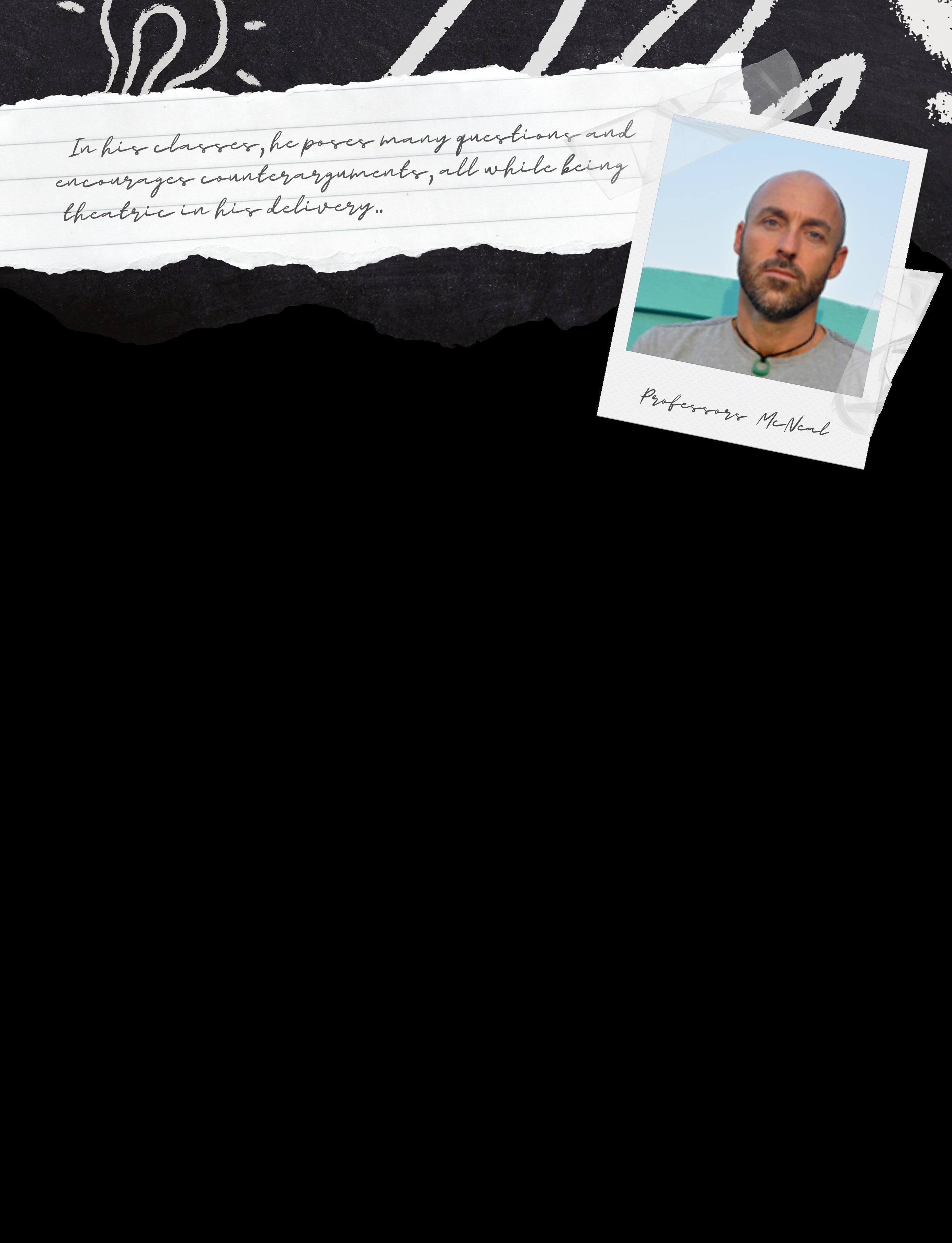
He was awarded a research grant that enabled him to be in Trinidad for a year and a half in 2015-16 and was a visiting professor at UWI-TT for three years between 2021-24. In actuality, even when he’s not on a grant, he’s always running to Trinidad during summers and winter breaks.
He came to UH as an assistant professor and was promoted to associate professor with tenure in 2014 and returned to the university in August 2024 after the visiting position abroad.
A strong voice for the queer community in both TT and the United States, he also traveled to Austin twice during spring 2025 to meet with state legislators and formally testify about protecting scientific inquiry and academic freedom in higher ed against the accelerating wave of repressive authoritarianism at large.
He is a longtime collaborator with the Houston Climate Justice Museum and also involved with the Evergreen Negro Cemetery restoration project in Fifth Ward, a community-led effort that has seen undergraduate UH students getting involved to help excavate and restore one of the oldest African American cemeteries in Houston into a living museum and community center.
Somehow, he manages to bring this same passion to his students.
“I somehow have a pretty good ability to translate complicated concepts and materials to help people see what it is that we’re talking about,” he says. “This enables us to keep moving and take an intellectual journey.”
In his classes, he poses many questions and encourages counterarguments, all while being theatric in his delivery..
“Students frequently tell me I’m the most passionate and animated professor they’ve had,” McNeal says. “I also have a lot of students who want to keep in touch after they graduate, so I guess I’m doing something right.”



